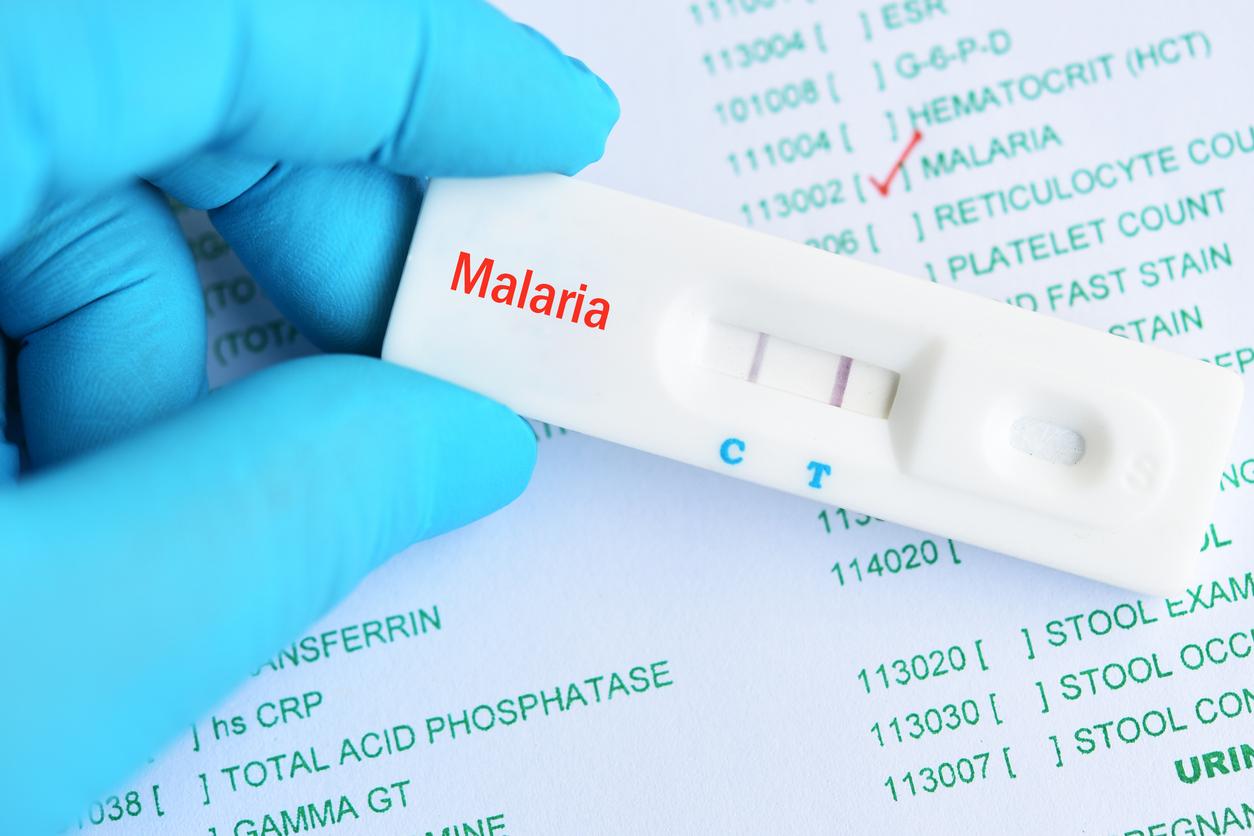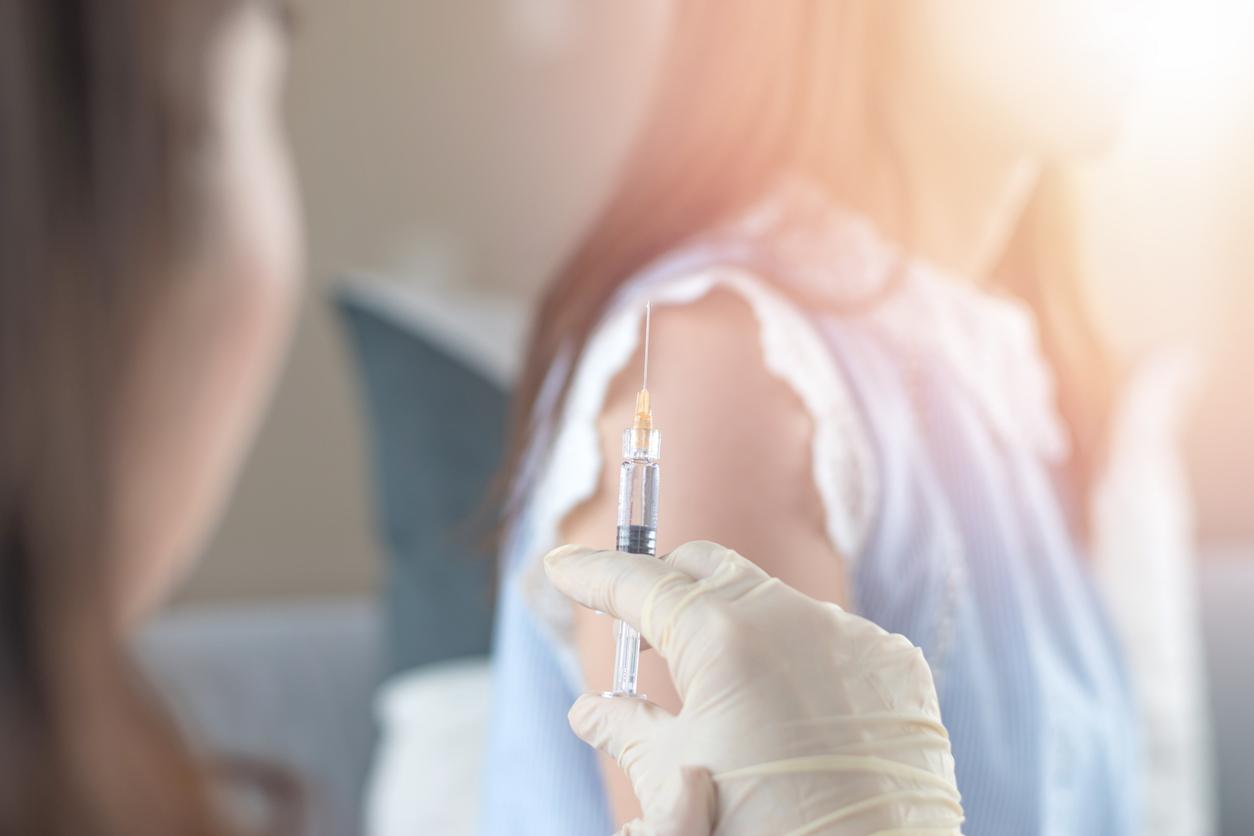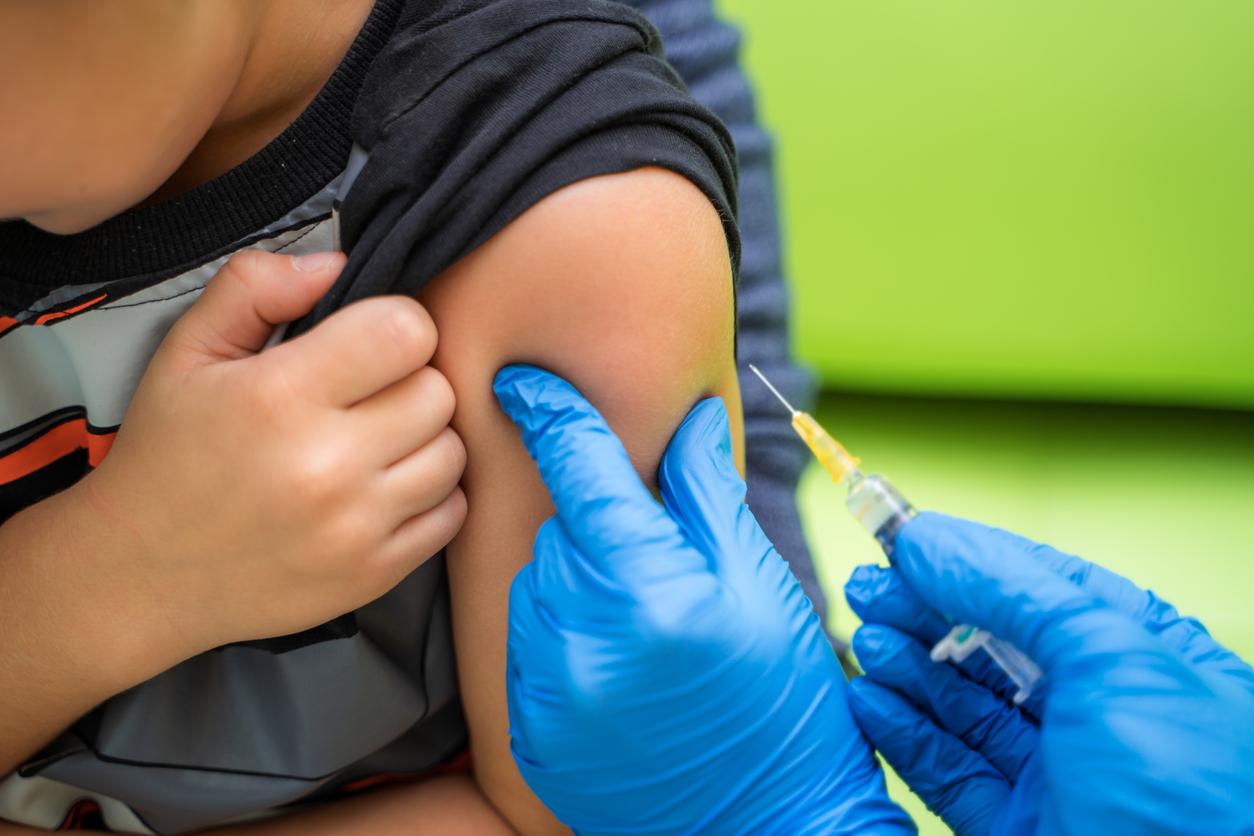A new hope for the thousands of people who are victims each year of the malaria ? In 2020 alone, 627,000 people died from this parasitic disease transmitted by mosquitoes, mostly African children. But according to a research team from the University of Oxford, a booster dose of a new malaria vaccine – called R21 – would manage to maintain sufficiently high protection.
As part of a study, published this Thursday, September 8 in the Lancet Infectious Diseases, 450 children aged 5 to 17 months in Burkina Faso received three doses in 2019. Two groups then received different doses of Matrix-M adjuvant, a vaccine ingredient patented by Novavax, and a control group received a vaccine against rage. A year later, before the rainy season when malaria cases increase, 409 children returned to receive a booster dose.
And for the group that received the highest dose of adjuvant in 2019, thevaccine effectiveness increased to 80%. For the lowest dose, the efficacy was 70%. A month after receiving the booster, the antimalarial antibodies returned to the same levels as when the first doses were injected a year earlier. “It’s fantastic to see such high efficacy after a single booster dose.”welcomed one of the authors of the study, Professor Halidou Tinto, of the Burkina Faso Health Research Institute.
An even more effective vaccine
In 2021, the WHO gave the green light for the first malaria vaccine, a “historic moment” after nearly a century of testing. Developed by the pharmaceutical giant GSK, this vaccine called “RTS.S” is 60% effective against the disease. The Oxford team says their approach is more effective. “I can confirm that R21 [le vaccin de l’équipe d’Oxford] is much more effectivesaid Professor Tinto at a press conference.
“We could see a very substantial reduction in this horrible burden of malaria, a reduction in deaths and illnesses in the years to come, certainly by 2030″, said Adrian Hill, an Oxford vaccine specialist and co-author of the study. A reduction of deaths by almost 70% made possible by the large number of doses that could be produced quickly.
Indeed, while the approval process has yet to take place and should begin in the coming weeks, the outcome will depend above all on another, larger trial, planned with 4,800 children by the end of the year. year.
The world’s largest vaccine manufacturer, the Serum Institute of India, has already partnered with the research team and is ready to manufacture more than 200 million doses per year. According to Professor Hill, the vaccine could be manufactured for “a few dollars” only, and could fill the shortage of doses. The GSK company produces only – at 10 million per year, doses “not enough for 40 million children who need four doses in the first year“, he finishes.
Source :
- Efficacy and immunogenicity of R21/Matrix-M vaccine against clinical malaria after 2 years’ follow-up in children in Burkina Faso: a phase 1/2b randomized controlled trial, The Lancet Infectious DiseasesSeptember 7, 2022


















